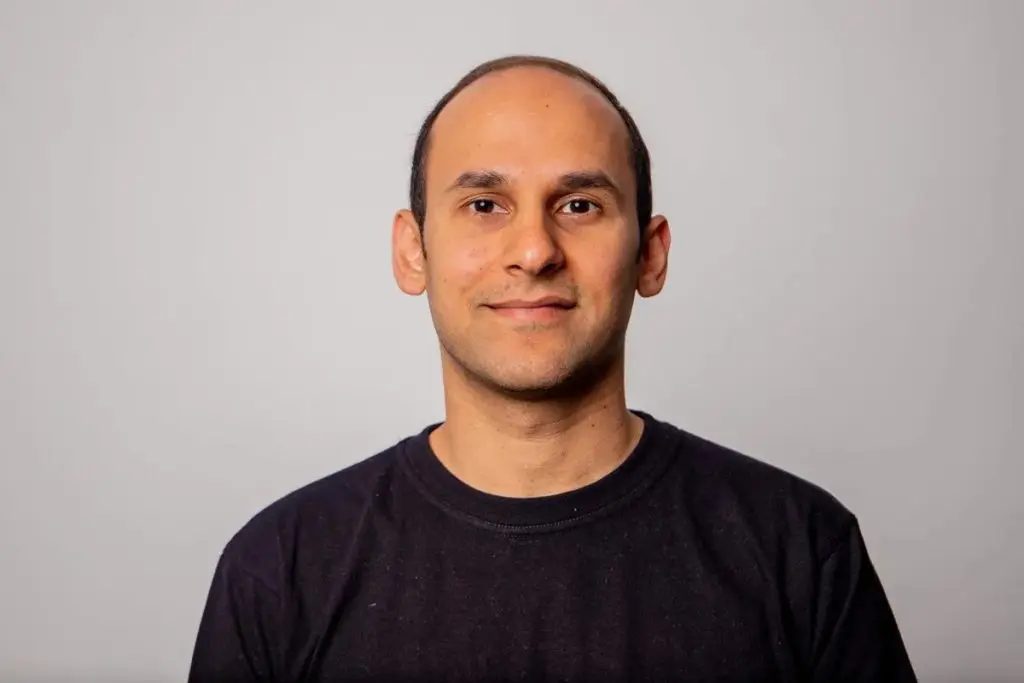
INTERPOL GOES AFTER FLEEING BINANCE DIRECTOR – MINISTER
Minister of Information and National Orientation, Mohammed Idris on Monday said there is no hiding place for Nadeem Anjarwalla, a Director of Binance who escaped from custody and fled the country after he was detained by the Nigerian Government.
The minister said the International Police (Interpol) were currently on Anjarwalla’s trail.
Idris was reacting to the Binance executive’s escape from Nigeria.
According to Idris, since Binance is an international firm, there is no way the culprit will evade arrest.
His explanation came barely few hours after the Office of the National Security Adviser confirmed that Anjarwalla, a key suspect in the ongoing criminal investigation regarding Binance’s activities in Nigeria, managed to escape lawful custody on Friday, March 22nd, 2024.
In an official statement released by the Head of Strategic Communication for the Office of the National Security Adviser, Zakari Mijinyawa, it was explained that collaborative efforts between the office, relevant security agencies, various government bodies and the international community are already underway to swiftly locate and detain the fugitive.
The statement stressed that security agencies are working with Interpol for an international arrest warrant on the suspect as preliminary investigation shows that Anjarwalla fled Nigeria using a smuggled passport.
The personnel responsible for the custody of the suspect have been arrested, and a thorough investigation is ongoing to unravel the circumstances that led to his escape from lawful detention.
It would be recalled that the Federal Government of Nigeria, like other governments around the world, has been investigating money laundering and terrorism financing transactions perpetrated on the Binance currency exchange platform.
Anjarwalla, who holds British and Kenyan nationalities and serves as Binance’s Africa regional manager, was being tried by Nigerian courts before he escaped while under a 14-day remand order issued by a court.He was scheduled to appear before the court again on 4 April 2024.
 Premium News
Premium News